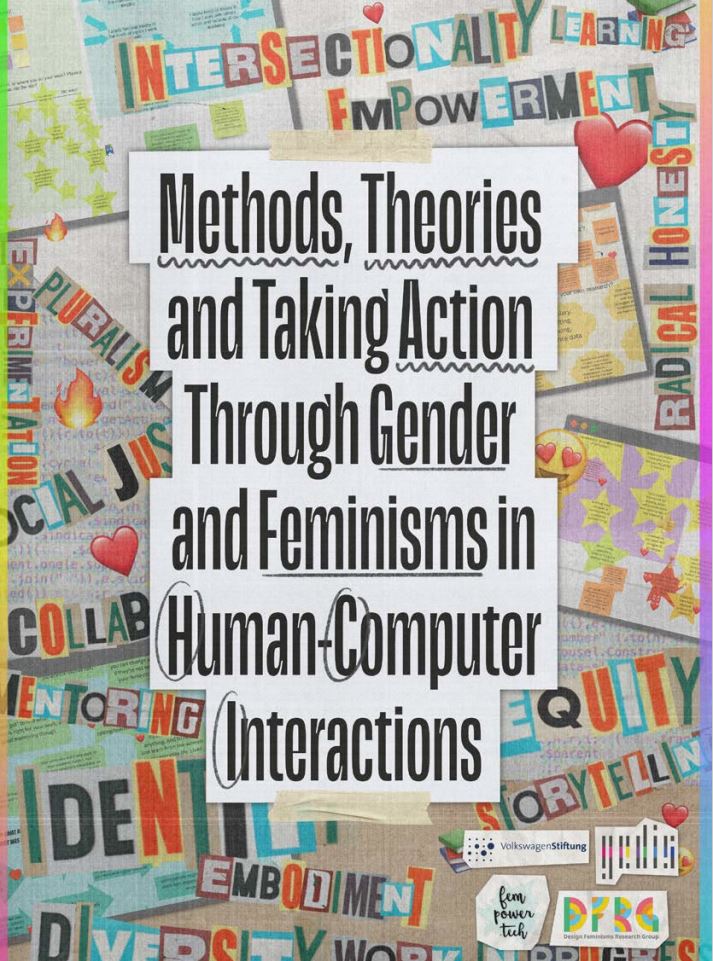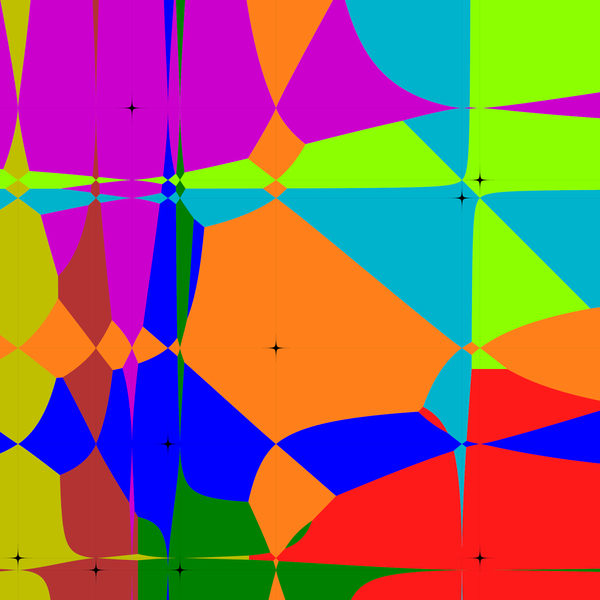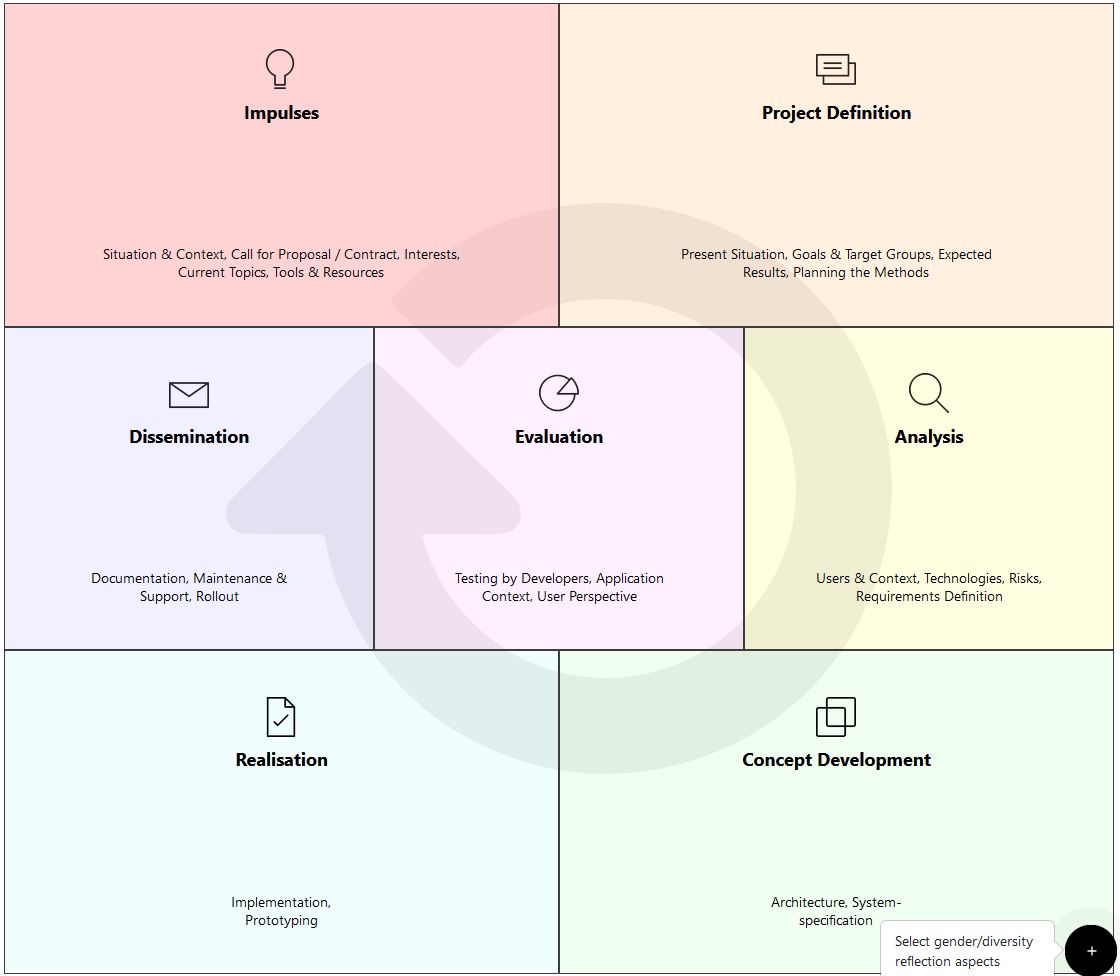The workshop series on “Methods, Theories, and Taking Action through Gender and Feminisms in Human Computer Interaction” was dedicated to bringing together expertise from various areas of intersectional gender research to computing, and more specifically to HCI. The new approach of feminist HCI lies in the productive bridging of gender research, which is mostly located in the Social Sciences and the Humanities (SSH), and HCI. For this, the workshops brought together researchers who work in theoretical and applied ways, providing a unique perspective on the relationship between feminist and gender theory and practice in technology research. The symposium critically examined theories and methods involved in carrying out research that is inclusive, collaborative, and aimed at making our societies more equitable. The events were theoretically grounded as well as the implications of the theories were put into in practice while learning new methods from one another and discuss exemplary case studies of feminist and gender HCI.
Initially, the workshop series hosted in collaboration between GeDIS group at the University of Kassel, Germany, and fempower.tech in Newcastle, UK, was planned as a two-day symposium to take place in Germany in July 2020. Because of the pandemic, the workshop needed to be rescheduled and its structure needed to be reworked. Eventually, the two-day in-person symposium was translated into a month-long series of events which consisted of online events and an in-person meeting as a local hub in Hanover, Germany. The event series was held in September and October 2021.
The reworking into a series of events made it possible to explore different formats of presenting and exchanging knowledge. It consisted of keynote lectures, paper presentations in panels, group discussions, workshop units and networking activities. Interdisciplinarity and internationality was crucial for the symposium, and it succeeded in bringing participants from various disciplines together, including but not limited to: socio-informatics, engineering, human-computer interaction, artificial intelligence, robotics, technology design, architecture, feminist theory and philosophy, media studies, digital/environmental/medical humanities, science & technology studies, artistic research, disability & gender studies.
To share some of the richness of the events and its learnings we created a booklet designed by Maria Munguambe. The booklet can be downloaded here. As the document is not accessible for everyone, we also provide an additional text-only document which summarizes the learnings.
Booklet download here.
Read about the series on University of Kassel website.



